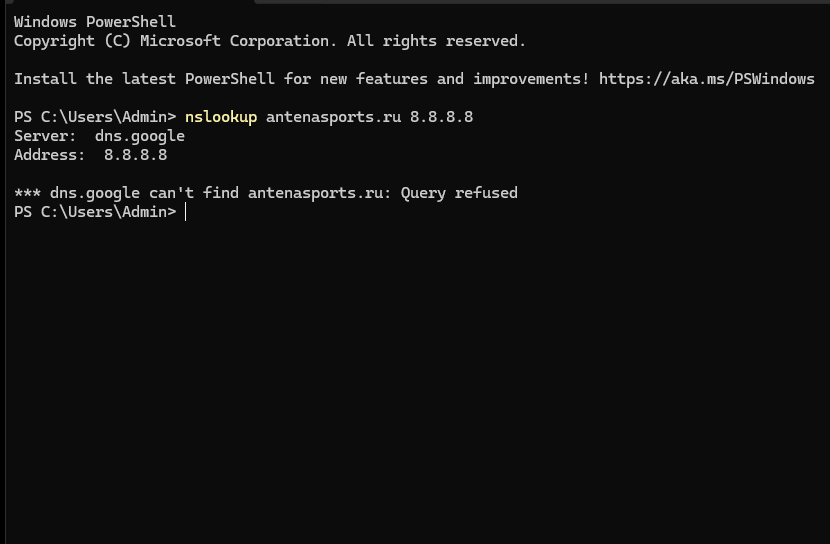Fall of France (Part 3)

As war breaks out across the continent, Denmark, the Netherlands, and Belgium fall in quick succession, while France—once confident—stumbles due to its military's outdated doctrine, strategic blunders, and insufficient materiel and communications equipment. The victorious left of the late 1930s disintegrates after the Soviet Union orders the French Communist Party (PCF) to oppose the war, following the Molotov-Ribbentrop Pact between Hitler and Stalin/
As the war rages on, some on the right grow eager to surrender, realizing their beliefs were not so different from Hitler's. Meanwhile, Churchill, despite failing to sufficiently support the French war effort, urges the French to resort to urban warfare—a strategy that would likely reduce Paris to rubble. As the government flees Paris, moving southward to Orléans, then Tours, and eventually Bordeaux, the newly appointed right-wing Prime Minister, Marshal Philippe Pétain, announces to the French people that an agreement has been reached with Nazi Germany.
This marks the beginning of what would become known as Vichy France—a collaborationist, authoritarian regime. In October 1940, Vichy France codifies anti-Semitism into law, under the so-called "Decree-law on the status of Jews". Stay tuned for our eventual series on Vichy France.




